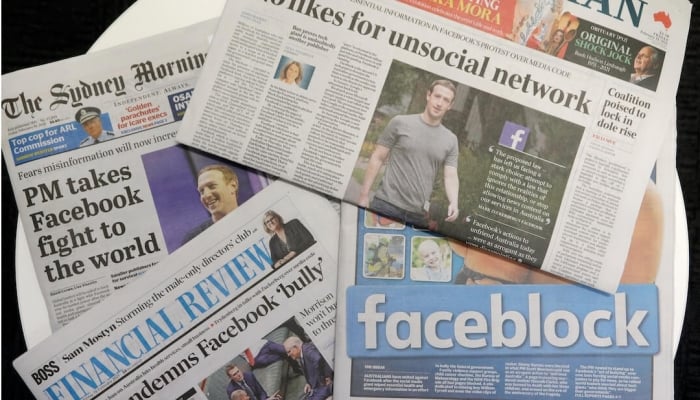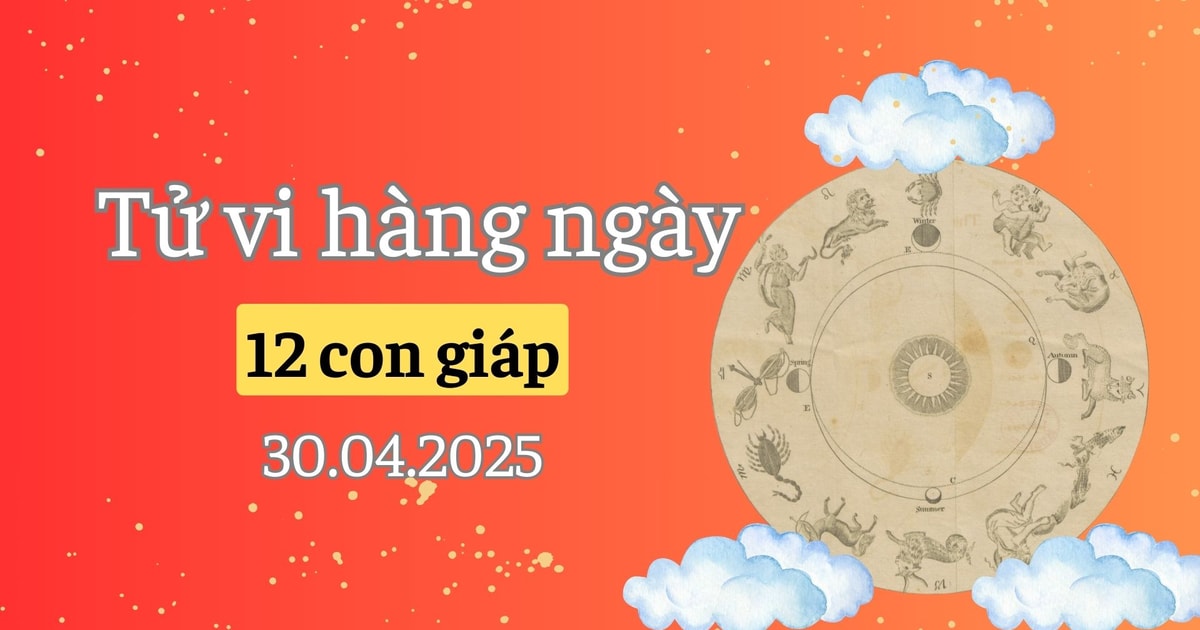Meanwhile, around the world, governments are also pressing Google and Facebook parent company Meta to pay for news published on their platforms. The JCPA and the Australian News Media Bargaining Code 2021 are two such laws.

Illustration: CJR
Pay for news!
News content generates revenue for Google and Facebook, but current deals between tech platforms and news media organizations do not accurately reflect the full value that content creates.
This is partly because direct payment arrangements between tech platforms and news organizations are often not disclosed. So there needs to be more transparency about how they calculate costs, to set a fair standard for news organizations large and small.
In the research paper, called “Paying for News,” the authors argue that under current agreements around the world, Google and Facebook are making payments to news publishers that are far below their true value.
Using existing publisher-platform agreements as a benchmark, the authors estimate that Facebook owes publishers about $1.9 billion annually and Google $10-12 billion. These figures represent a roughly 50-50 split of revenue generated from news content on the tech platforms.
In 2021, Australia broke new ground with the News Media Bargaining Code, requiring Google and Facebook to pay news organizations for the use of news content on their platforms. Accordingly, if the two sides cannot reach a revenue-sharing agreement, the government may step in and arbitrate.
Canada also recently enacted the Online News Act (also known as C-18) in 2023, and other countries around the world (such as Brazil, Indonesia, and Switzerland) are considering or attempting to enact similar legislation. In the United States, the Journalism Competition and Preservation Act (JCPA), which allows news publishers to bargain collectively, was enacted in March 2023.
Google and Facebook have been vocal opponents of Australia's law, with Facebook blocking Australian news for two days in 2021. However, the law is now seen as a success, with the tech platforms paying around $140 million a year to both large and small news outlets, leading to a significant increase in journalist jobs.
Facebook and Google get rich from journalism
In fact, Google and Facebook continue to argue that news is not central to their businesses and may continue to be less of a focus for the foreseeable future.
Yet Facebook is poised to generate $50 billion in digital advertising revenue in the US alone by 2022, according to eMarketer. Multiple surveys show that news — in the form of headlines, snippets, or video clips cut from newspapers — is an integral part of Facebook's content.
The study's calculations show that Facebook users spend 13.2% of their time on the platform viewing or interacting with news content (regardless of the form: from users copying all or part of the news content or posting links).
According to Meta, in 2022, Facebook generated nearly $114 billion in advertising revenue globally (about $53 billion in the US and Canada). After dividing the revenue generated by Facebook in the US and following the standard 50-50 split, this implies that about $1.9 billion in advertising revenue will be allocated to news publishers.
Meanwhile, Google is an advertising giant, accounting for more than 90% of the US search engine market and about two-thirds of the total US search advertising market. Google searches often return results that include news snippets and news links, meaning that newspapers are a big part of the company's revenue.
Google's search advertising revenue in the US is estimated to be around $56 billion by 2022. Using a similar methodology to Facebook, the authors estimate that informational searches account for around 50% of all searches, with searches for journalistic content accounting for 70% of this figure.
As a result, the total advertising revenue that Google generates from news and media publishers' search information is about $20 billion, which it must share with newspapers is about $10 to $12 billion.
Thus, the past decades of hardship for journalism in general have benefited Google and Facebook, increasing the market power and dominance of the two social media giants.
And the question now is: Will laws around the world that force tech giants to pay for news be enough to create waves to help the press change the situation?
Hoang Hai (according to CJR, WAN-IFRA)
Source






![[Photo] Prime Minister Pham Minh Chinh and Japanese Prime Minister Ishiba Shigeru visit the National Museum of History](https://vstatic.vietnam.vn/vietnam/resource/IMAGE/2025/4/29/93ae477e0cce4a02b620539fb7e8aa22)
![[Photo] More areas of Thuong Tin district (Hanoi) have clean water](https://vstatic.vietnam.vn/vietnam/resource/IMAGE/2025/4/29/55385dd6f27542e788ca56049efefc1b)

















![[Photo] Prime Minister Pham Minh Chinh and Japanese Prime Minister Ishiba Shigeru attend the Vietnam - Japan Forum](https://vstatic.vietnam.vn/vietnam/resource/IMAGE/2025/4/29/fc09c3784d244fb5a4820845db94d4cf)
![[Photo] Prime Minister Pham Minh Chinh receives Cambodian Minister of Commerce](https://vstatic.vietnam.vn/vietnam/resource/IMAGE/2025/4/28/be7f31fb29aa453d906df179a51c14f7)






































































Comment (0)